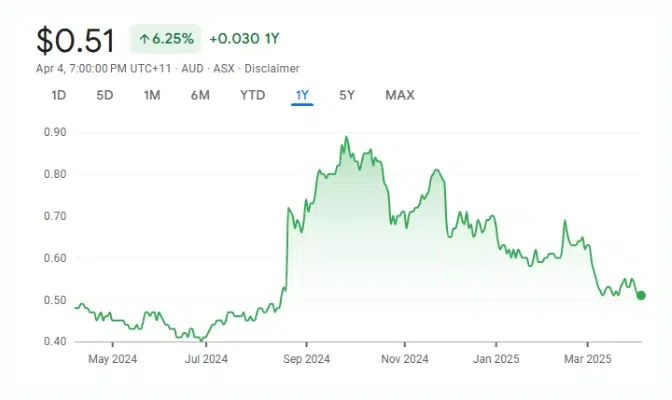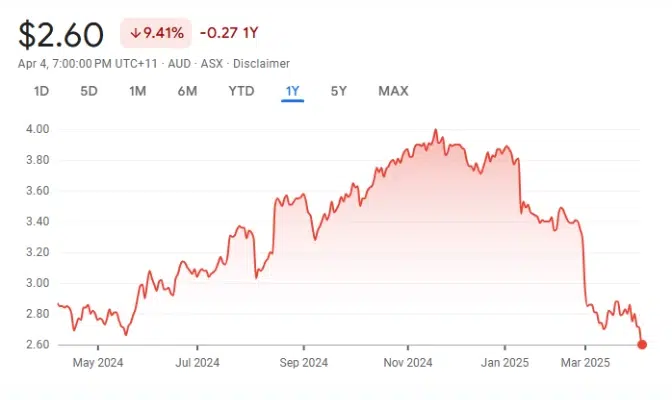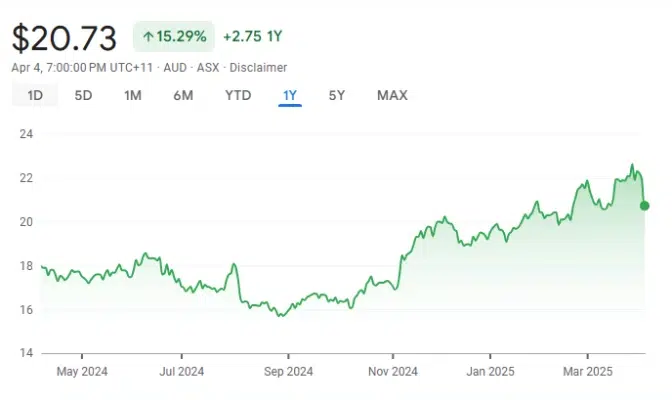What are ASX's Undervalued stocks?
Undervalued stocks are stocks of firms that, based on fundamental analysis, are now trading below their inherent value. There are several reasons for this disparity, including unfavourable market sentiment, recessions, or difficulties unique to the company's business or the company or stock itself. A low price-to-earnings (P/E) ratio in comparison to industry peers, a high dividend yield in comparison to historical standards, and a stock price below the current value of the company's future cash flows are all signs of undervaluation.
Investing in cheap stocks carries some risk because the undervaluation may be a reflection of underlying problems, even if it can also offer large growth prospects. To be sure that the stock's low price is a transitory mispricing rather than an indication of more serious issues, in-depth investigation and analysis are necessary.
Why invest in Undervalued Stocks?
By buying shares below their true value, investing in discounted companies offers the potential for big profits and can act as a safety net against losses. With the use of this tactic, investors can profit from transient mispricing and market inefficiencies.
In addition, inexpensive stocks could provide investors buy appealing dividend yields and the chance to make long-term returns if the market corrects and acknowledges the same company's stock to actual value. Investors may successfully manage risk, diversify their portfolios, profit and spot intriguing possibilities by integrating comprehensive research and analysis.
Get the Latest Stock Market Insights for Free with
Stocks Down Under & Pitt Street Research
Join our newsletter and receive exclusive insights, market trends, investment tips, and updates delivered directly to your inbox. Don't miss out – subscribe today and make informed investment decisions.
Future Outlook of the ASX Undervalued Sector
Thanks to several significant trends, the prospects for ASX undervalued stocks are bright. For stocks in the resources sector, rising interest rates, demand for essential minerals and persistent supply chain problems could increase cheap stocks in the resources and mining sector. Interest rate adjustments and new demands are causing the real estate market to shift, which could improve the chances of cheap real estate stocks.
Recovery in the economy and changes in regulations may help the financial services sector, while investment in emerging technologies and quick innovation will help the technology sector. Furthermore, changing customer tastes may have a favorable effect on inexpensive consumer discretionary equities. In general, these industries present development opportunities for knowledgeable investors who carry out careful study.
Top 3 ASX Undervalued Stocks to Buy

Plenti (ASX: PLT)
Plenti (ASX: PLT) is an Australian consumer lending and fintech platform that provides personal loans, automotive finance and renewable energy finance, primarily through a digital marketplace model.

Virgin Australia (ASX: VAH)
Virgin Australia (ASX: VAH) is Australia’s second-largest airline and operates domestic and short-haul international passenger services, competing primarily with Qantas and low-cost carriers.

Inghams (ASX: ING)
Inghams (ASX: ING) is one of the largest poultry producers in Australia and New Zealand, supplying fresh and processed chicken products to supermarkets, quick-service restaurants and foodservice operators.
Top 3 ASX Undervalued Stocks to Buy
Pros and Cons of investing in Undervalued stocks
Investing in undervalued companies can give considerable chances for capital appreciation when the market corrects the mispricing, as well as good dividend yields that provide a consistent income stream. The inherent margin of safety that comes with purchasing below intrinsic value serves to reduce risk by providing a buffer against future losses.
Furthermore, capitalizing on market inefficiencies by spotting inexpensive stocks might provide a competitive advantage. However, this method is not without risk. Undervalued equities may prove to be value traps, with underlying concerns driving additional losses rather than recoveries. Additionally, the market may take time to understand the stock's true value, resulting in delayed returns. Increased volatility can also be a danger, especially if the stock is in a difficult industry or has specialized challenges.
Start by performing an in-depth fundamental analysis, which includes evaluating the business's financial health, valuation measures, and growth prospects, to select the best ASX cheap companies. Analyze economic trends and industry developments to comprehend the business and larger market environment.
Examine the company's governance and management procedures, keeping an eye out for any suspicious activity or financial irregularities. To properly manage risk, you should also diversify your portfolio and take professional advice into account. You can find potentially profitable and inexpensive stocks with great investing potential by combining these steps.
How to Trade and Invest in Undervalued Stocks?
Finding stocks priced below their intrinsic value through in-depth research and financial analysis, such as analyzing P/E and P/B ratios and doing discounted cash flow (DCF) analysis, is the first step in trading and investing in undervalued stocks. Establish a defined buying strategy by figuring out entry points and putting restrictions to prevent overpaying once you've found attractive stocks.
Keep a close eye on your investments, keep up with company and industry developments, and be ready to hold onto your investments for a while since market recognition may take some time. To effectively control risk, diversify your portfolio as well. You may also employ risk management strategies like stop-loss orders to guard against big losses.
Are ASX Undervalued Stocks a good investment?
ASX undervalued stocks can be a good investment opportunity, with the potential for big gains if the market corrects the mispricing and recognizes the stock's true value. These equities frequently trade below their actual value due to temporary causes or market inefficiencies, giving a margin of safety against potential losses.
However, they also carry hazards, such as the likelihood of underlying flaws that could impede future performance. Careful investigation is required to distinguish between genuine opportunities and value traps. When approached with proper study and a long-term perspective, investing in undervalued ASX equities can produce significant returns and improve portfolio diversity.
FAQs on Investing in Undervalued Stocks
Stocks become undervalued due to a variety of factors, including negative market sentiment, economic downturns, or company-specific issues such as poor earnings reports or management changes. Market inefficiencies, where stock prices do not reflect the company’s true intrinsic value, can also lead to undervaluation.
Our Blogs on ASX Undervalued Stocks
ASX Company Spin: Here are 7 occasions when management tries to sell bad news as good news
In all our years, we have seen our fair share of ASX Company Spin. It is repeated because often investors…
Rhythm Biosciences (ASX:RHY): Since picking up Genetype, it has never looked back and is more than a one-trick pony!
Investors may remember Rhythm Biosciences (ASX:RHY) for its ColoSTAT test, but it is Genetype that is arguably more exciting. The…
The 50% CGT discount on shares: Here’s how it works, and if it is under threat
The 50% CGT discount on shares is one of the key mechanisms that helps investors keep as much of their…
Compumedics (ASX:CMP): Expecting $70m sales but trading at barely over 1x Revenues, is this a buy?
Some investors may think Compumedics (ASX:CMP) is highly undervalued. It trades at $75m, a level that many clinical-stage medtech or…
Stocks Down Under’s Top 10 Hottest ASX Stocks to Look At in 2026!
Today, on the first trading day of 2026, Stocks Down Under publishes its its 10 Hottest ASX Stocks to Look…
Does Dusk Group (ASX:DSK) smell undervalued? There’d be potential if its customers weren’t so careful with money
Dusk Group (ASX:DSK) purports to be Australia’s favourite home fragrance seller. But investors have not been sharing the love for…





